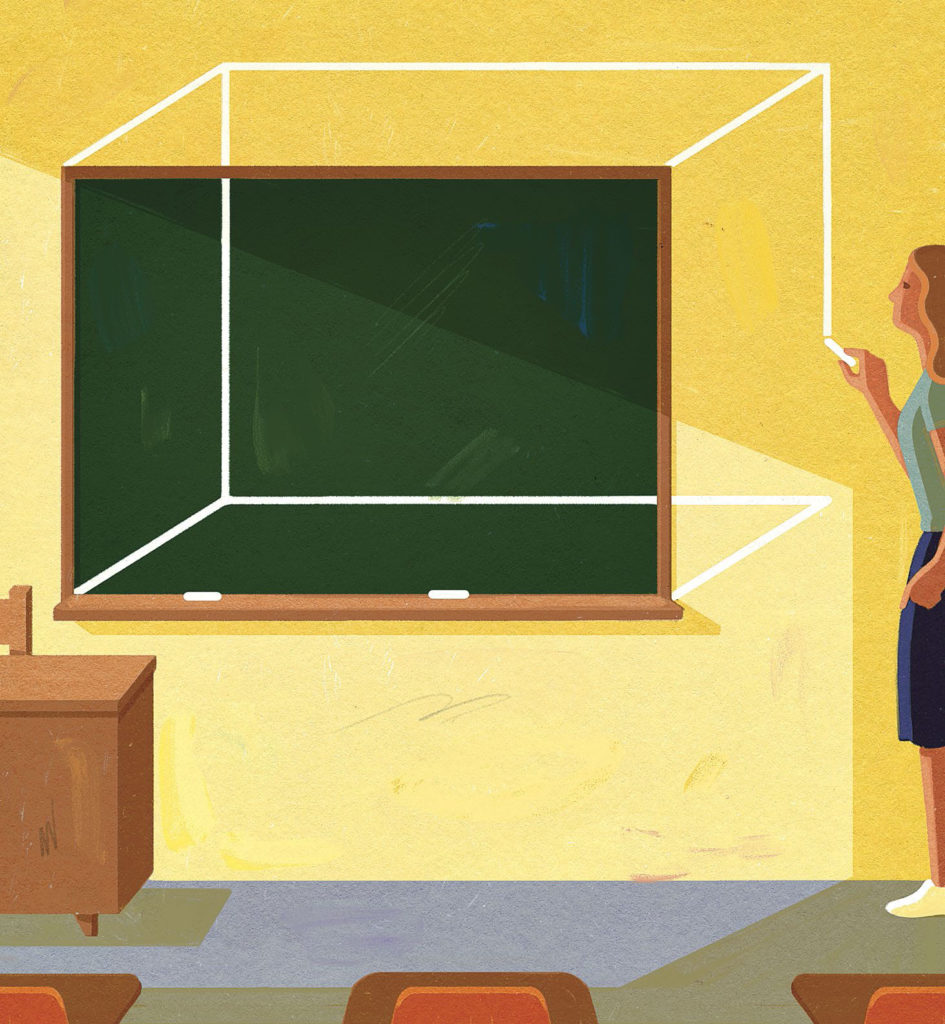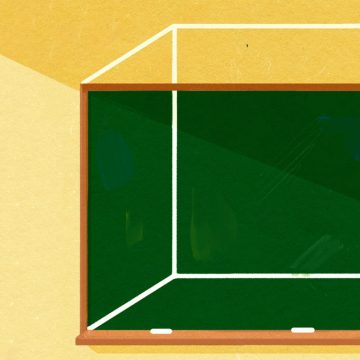Next year, Ryerson University will open a new law school. It’s promising to deploy a revolutionary curriculum, one that will churn out a new class of lawyer: tech-savvy, business-minded and entrepreneurial. And this unique skill set will allow them to reimagine the practice of law, pioneer new business models and thrive in an already-crowded job market.
These are lofty claims. The man making them is Anver Saloojee. A long-time political-science professor at Ryerson, he oversaw the law school’s planning phase.
He’s now serving as the interim dean until the school hires its inaugural faculty head. “Our students are going to be innovators and entrepreneurs,” he says. “We believe our students will be job creators.”
 Not everyone agrees with that forecast. In fact, most of the profession is freaking out. There is widespread concern that the legal economy can’t support an influx of new talent. Over the past decade, the number of law-school graduates in Ontario has increased by 70 percent. By August of a given year, between 200 and 300 candidates are still hunting for an articling position. On the surface, this looks like a pretty hostile job market for newcomers.
Not everyone agrees with that forecast. In fact, most of the profession is freaking out. There is widespread concern that the legal economy can’t support an influx of new talent. Over the past decade, the number of law-school graduates in Ontario has increased by 70 percent. By August of a given year, between 200 and 300 candidates are still hunting for an articling position. On the surface, this looks like a pretty hostile job market for newcomers.
Saloojee is aware of these statistics, but he rejects the idea that an overabundance of new lawyers is the central cause of the jobmarket crisis. “If there were truly too many lawyers, then the cost of legal services would be going down. That’s what happens in a market-based economy,” he says. “But it’s still extremely expensive to hire a lawyer.”
In his view, the job shortage would disappear if the legal profession knew how to sell its services to the huge swath of the population that is starving for legal help, but that can’t afford to hire a traditional law firm. The facts support this claim. In a given three-year period, 12 million Canadians encounter a legal issue, but 20 percent take no meaningful action to find a solution. The main reason they cite is the cost. Meanwhile, across the country, 64 percent of family law litigants represent themselves in court. If new lawyers were able to offer low-cost legal services — and, at the same time, turn a profit — then millions of potential clients would be ready to open their wallets.
At Ryerson, the curriculum has been designed to help students pull off this mighty feat. One course will teach students how to open their own practice; another will explore how technology can improve inefficiencies in the legal world. Most importantly, though, third-year students will complete a work placement. It could take place at a law firm, in-house department or the clinic that the school hopes to launch to assist underserved communities. As a result, students will not have to article after graduation. (This model is also in effect at Lakehead University.) Once they pass the bar, they will have a licence to practise law.
The application process, too, has a novel spin. Though prospective students still have to submit the standard set of documents — a personal statement, an undergraduate transcript, an LSAT score — they also have to upload a video in which they talk about their interests and career goals.
The chance to build a new kind of law school persuaded Grant Buchanan, a former long-time partner and current counsel at McCarthy Tétrault LLP, to sit on the planning committee that put together Ryerson’s initial proposal. “Many lawyers are being trained in the exact same way,” he says. “If we start to train people with tomorrow’s skills and technologies, then they will have a much better chance of solving problems for clients and society at large.”
This story is from our Fall 2019 Issue.
Illustration by Pete Ryan


